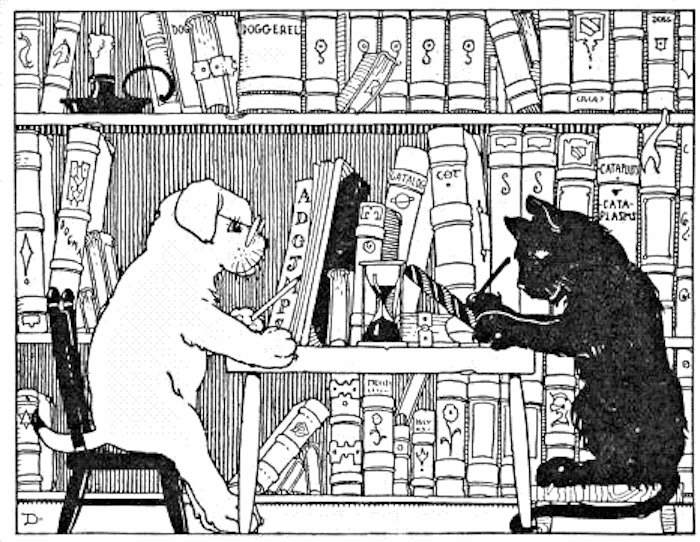Question:
My friends and family were naturally curious when I shared my plans to start a master’s program in book publishing. Many asked why I needed further education to enter the publishing industry. Is a bachelor’s degree in English literature just a fun way to spend four years and thousands of dollars? So I applied for internships before I dove headfirst into another educational commitment. Microcosm Publishing of Portland, Oregon, was gracious enough to offer me an internship, and my personal experiment began. Would this internship be sufficient to teach me everything I wanted to learn about the industry in order to eventually get a full-time job?
As it turns out, the answer is not a clean yes or no.
This post is about the differences and similarities between experiential learning (e.g., my internship) and educational learning (e.g., the publishing program) within the publishing industry and why both have value and complement each other. It will focus on my experiences as an intern at Microcosm Publishing and a first-term student at Ooligan Press and give examples of how what I’ve learned in my classes has directly transferred to my internship and vice versa.
Expertise vs. Infrastructure:
At Microcosm, I’ve gotten my hands dirty. I’ve proofread two manuscripts, worked on Photoshop projects (with which I have very little prior experience but with which they trust me, amazingly), stuffed envelopes with Microcosm’s “witchy” catalog before sending them to hundreds of book retailers across America, moved many, many boxes of books, and gained some incredible insight into what it means to be a small independent publisher in the big pond of publishing.
But without the expertise I’ve been getting from my classes, I would have very little context in which to understand my experiences. How would I know that Microcosm’s decision to do their own distribution and part ways with Ingram was a bold move for an independent publisher? I spent an entire day unpacking all the books that had been sent back to Microcosm, but I didn’t even know what Ingram was prior to starting the program.
Another pertinent example of the way in which my learning has positively impacted my job is my approach to book descriptions—you know, the summaries that entice readers and get them excited to purchase books and read them.
The instructions from my Microcosm supervisor were to read the back cover, skim the first couple chapters, then write a short description and avoid sounding like an Amazon review. I’ve learned from my marketing class that a book purchase is an emotional investment for the average consumer, and this has directly impacted the way I approach my book descriptions for Microcosm’s online catalog. I now understand that I’m not just regurgitating the back cover; I’m helping people find the right book by detailing not only what the book is about but also why someone would want to read it.
Answer:
Undergoing both the educational and experiential learning processes has given me the benefit of being able to immediately apply concepts and theories to real-life situations. Further, I am able to filter my experience as an intern and contextualize it within the larger arena of the publishing industry.
So in short, the answer to the question of whether my internship would teach me everything I needed to know for a career in publishing is no—not on its own. However, this internship has been hugely beneficial for applying and contextualizing all the wisdom and expertise that is being taught in the publishing program at PSU.

